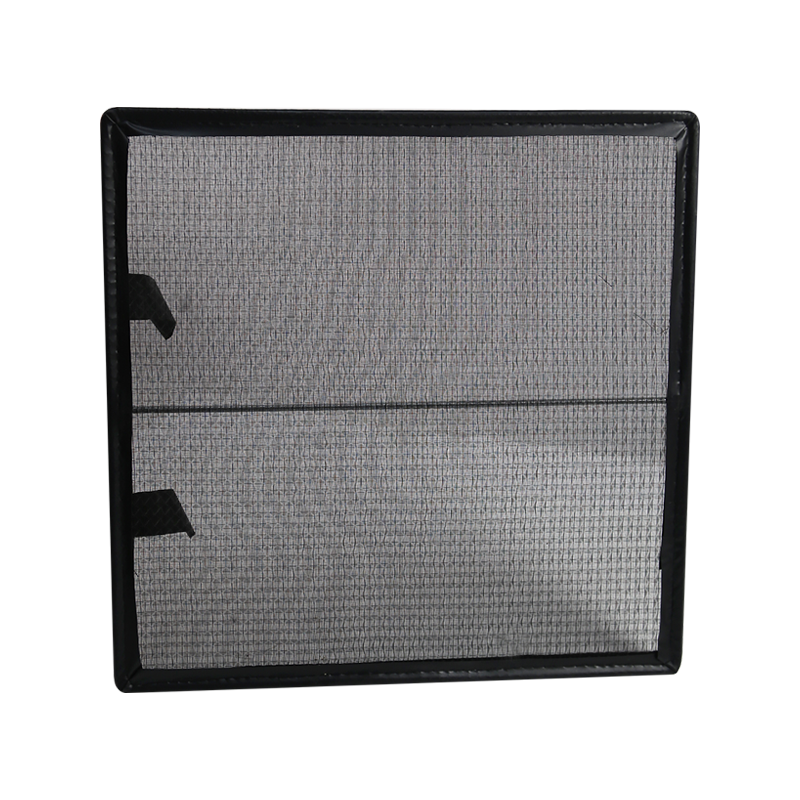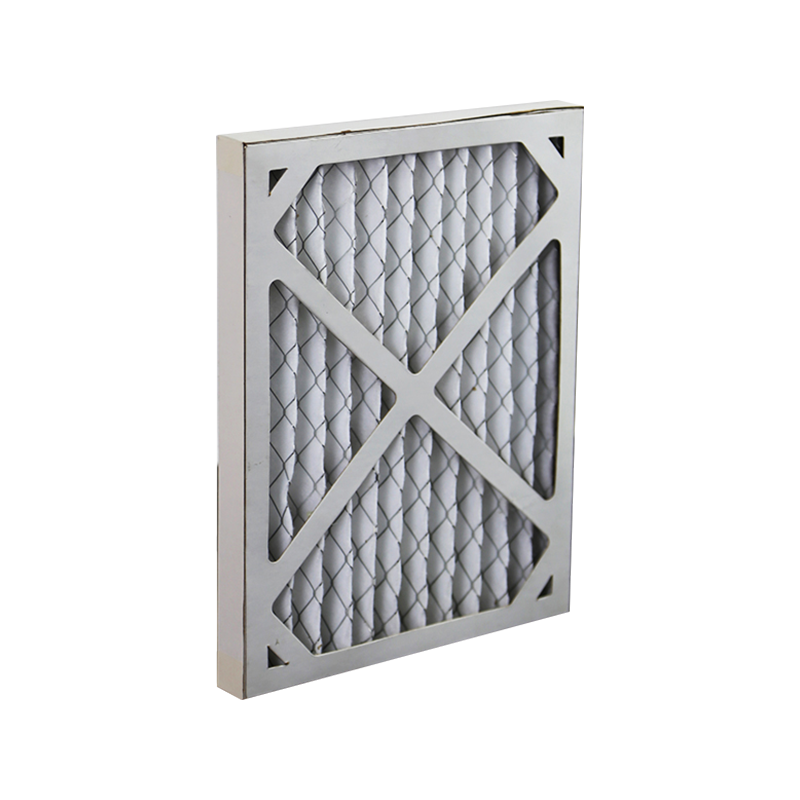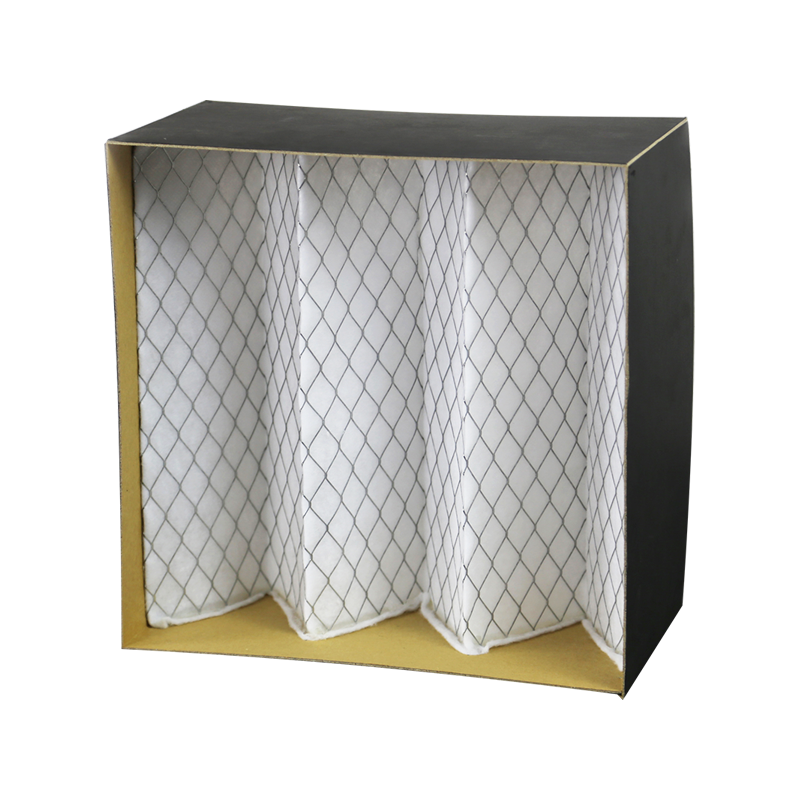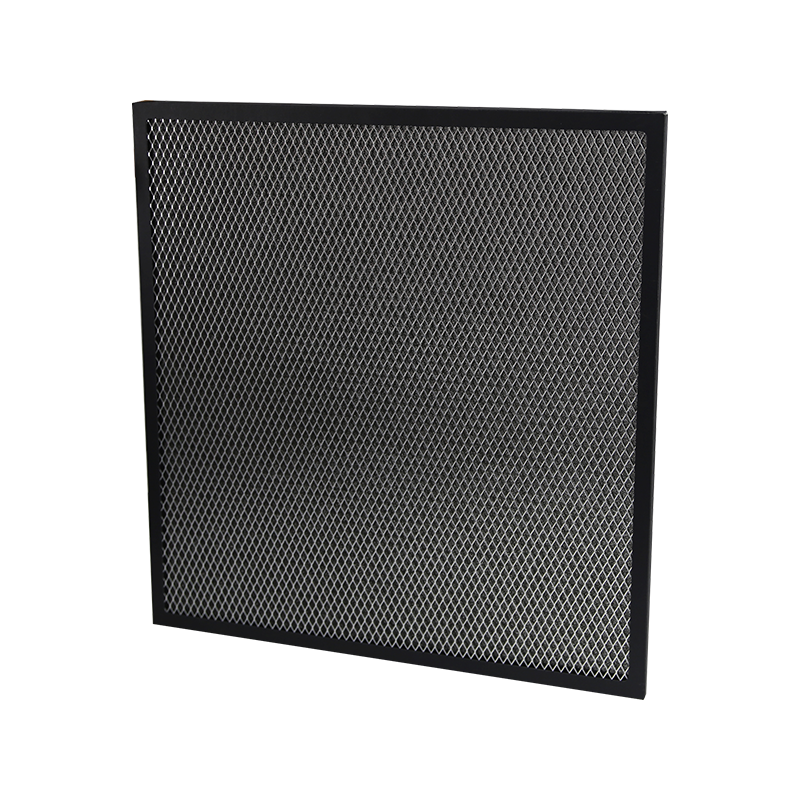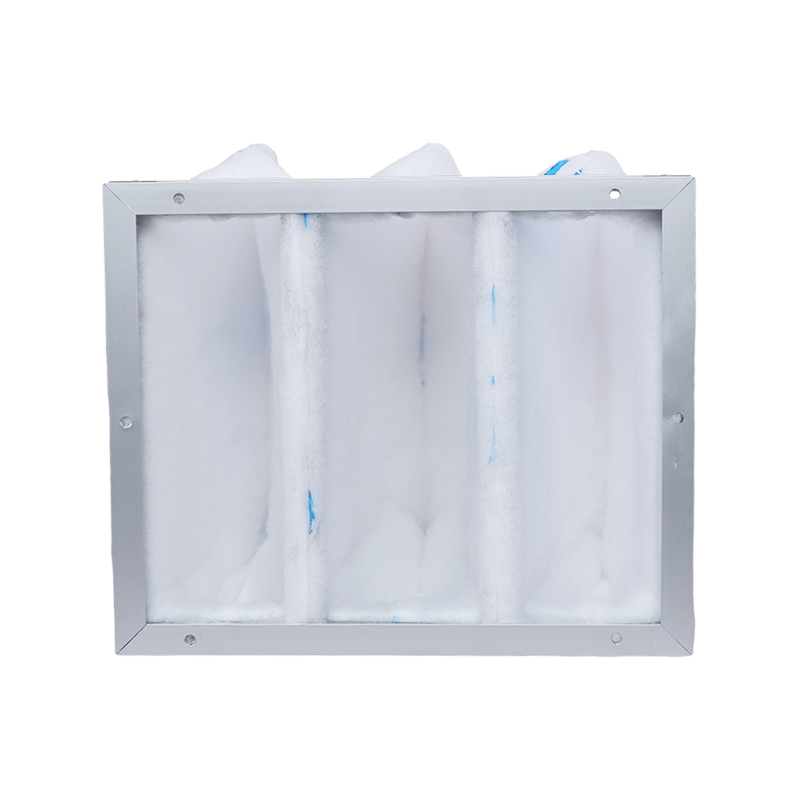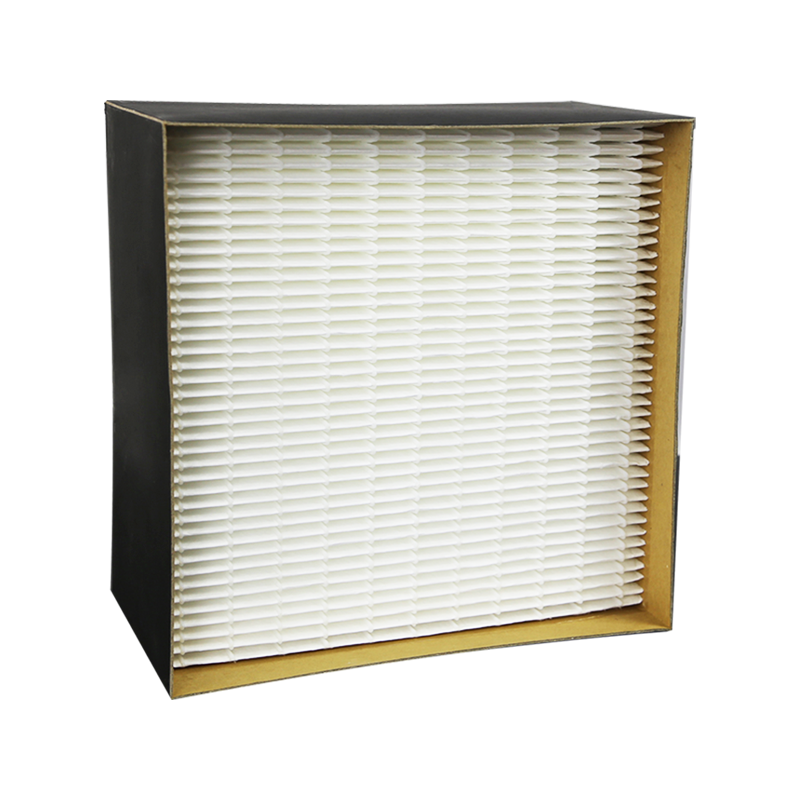From solutions to productions, we’re specialized in making the products you need.
News categories
Product categories
How Often Should Box HEPA Filters Be Replaced or Maintained?
High-efficiency particulate air (HEPA) filters are essential components in modern air filtration systems, ensuring clean, pollutant-free air in homes, offices, hospitals, laboratories, and industrial facilities. Among the various types of HEPA filters, box HEPA filters are widely used due to their compact design, high efficiency, and adaptability in different HVAC (heating, ventilation, and air conditioning) and air purification systems.
Proper maintenance and timely replacement of box HEPA filters are crucial for ensuring their effectiveness, prolonging the lifespan of HVAC systems, and maintaining healthy indoor air quality. Understanding when and how to replace or maintain these filters requires a careful examination of factors such as usage conditions, filter quality, environmental pollution, and system requirements. This article provides a comprehensive guide on how often box HEPA filters should be replaced or maintained, along with best practices for inspection and care.
1. Understanding Box HEPA Filters
A box HEPA filter is a type of high-efficiency filter encased in a rigid frame, often rectangular or square, designed to fit snugly into air handling units or purification systems. Key characteristics include:
- High Filtration Efficiency: HEPA filters can trap at least 99.97% of particles as small as 0.3 microns, including dust, pollen, mold spores, bacteria, and some viruses.
- Rigid Frame Construction: The box design provides structural stability, prevents air bypass, and facilitates easy installation.
- Versatility: Box HEPA filters are suitable for HVAC systems, clean rooms, laboratories, hospitals, and industrial applications.
Due to their high filtration efficiency, these filters play a critical role in maintaining air quality, but they require proper maintenance to continue performing optimally.
2. Factors Influencing Replacement Frequency
The frequency of replacing or maintaining a box HEPA filter is not fixed. It depends on several key factors:
a. Environmental Conditions
- Air Quality: In areas with high levels of dust, pollen, smoke, or industrial pollutants, HEPA filters clog faster.
- Pollution Sources: Proximity to construction sites, factories, or heavy traffic can accelerate filter loading.
b. System Usage
- Operating Hours: Filters in systems that run continuously, such as hospital HVAC units, require more frequent inspection and replacement than filters in residential or intermittently used systems.
- Airflow Volume: High airflow systems may push more particulates through the filter, increasing the load on the filter media.
c. Filter Quality and Design
- Material Density: Higher-density filter media can trap more particles but may experience pressure drop sooner.
- Frame Integrity: Rigid box filters tend to maintain structural integrity longer than flexible bag filters, but poor-quality frames can warp or leak.
- HEPA Class: Different HEPA classes (H10-H14) have varying efficiencies and pressure drop characteristics, affecting replacement frequency.
d. Manufacturer Recommendations
- Manufacturers provide guidelines for expected filter life, often based on operating conditions. Following these recommendations ensures both system efficiency and warranty compliance.
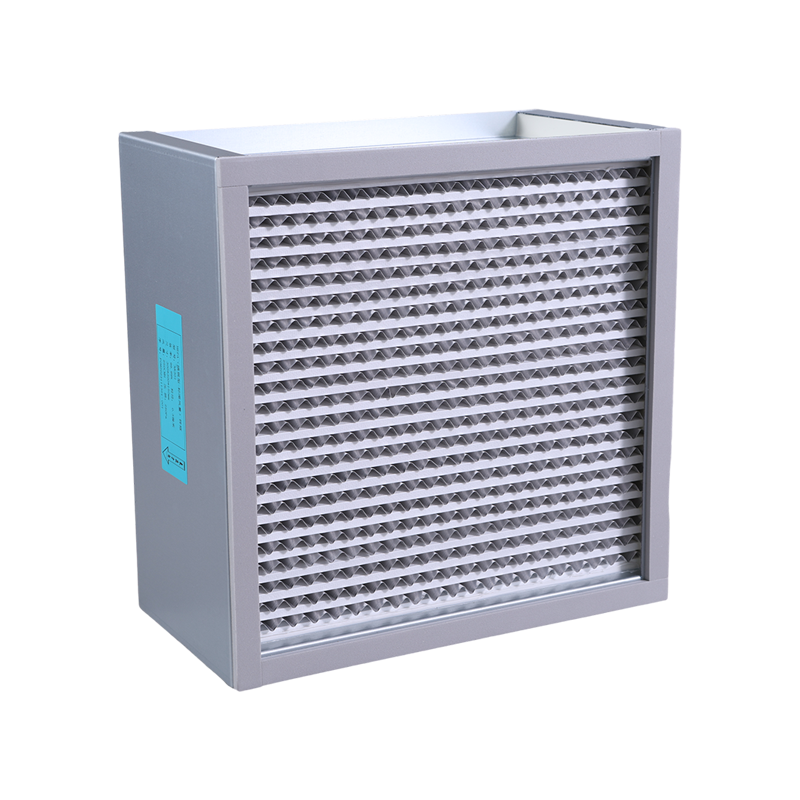
3. Signs That a Box HEPA Filter Needs Replacement
Even with routine schedules, it is important to recognize visible or measurable indicators that a filter needs attention:
a. Increased Airflow Resistance
- A clogged filter creates higher pressure drop in the system, reducing airflow and efficiency.
- HVAC systems may struggle to maintain desired temperature or ventilation levels, indicating that the filter is saturated.
b. Visible Dirt or Discoloration
- Inspecting the filter visually can reveal accumulated dust, debris, or discoloration of the media.
- Darkened or heavily coated filters typically indicate it is time for replacement.
c. Unusual Odors
- Trapped pollutants, mold, or bacterial growth within the filter can produce unpleasant odors in the air stream.
- Persistent odors are a sign that the filter is saturated and may no longer provide effective air purification.
d. System Alarms or Sensors
- Advanced HVAC systems may have differential pressure sensors that alert operators when the filter is clogged or airflow is restricted.
- Such alarms are an objective indicator that replacement or maintenance is necessary.
e. Declining Air Quality
- If dust, allergens, or particulate matter levels increase indoors despite a functioning system, the filter may be compromised.
- Monitoring air quality with sensors or professional testing can help determine filter effectiveness.
4. Recommended Replacement Intervals
While specific intervals depend on the factors above, general guidelines exist for box HEPA filter replacement:
a. Residential Applications
- Filters in homes generally need replacement every 12 to 18 months, depending on air quality and system usage.
- Homes with pets, smokers, or high outdoor pollution may require more frequent replacement, typically every 6 to 12 months.
b. Commercial and Office Environments
- In offices, schools, and commercial buildings with moderate usage, box HEPA filters are often replaced every 6 to 12 months.
- High-traffic buildings or those near industrial areas may require more frequent inspection and replacement.
c. Healthcare and Laboratory Settings
- Hospitals, clean rooms, and laboratories require strict air quality standards.
- Box HEPA filters in these settings are often replaced every 3 to 6 months, depending on system load and contamination levels.
- Facilities with critical areas, such as operating rooms or isolation wards, may follow even shorter replacement schedules.
d. Industrial Applications
- Factories, paint booths, and pharmaceutical plants may have highly contaminated air streams.
- Filter replacement schedules can vary from every 1 to 3 months, depending on particulate load and operational hours.
5. Maintenance Practices for Box HEPA Filters
Proper maintenance extends the lifespan and performance of box HEPA filters:
a. Regular Inspection
- Visual inspection at least monthly for dust buildup, damage, or moisture.
- Check for leaks, warping, or media deterioration.
b. Cleaning (if Applicable)
- Some box HEPA filters are serviceable, allowing light vacuuming or compressed air cleaning.
- Only perform cleaning if the manufacturer explicitly allows it, as improper cleaning can damage the media or reduce efficiency.
c. System Maintenance
- Ensure ducts, fan units, and pre-filters are clean to reduce the load on the HEPA filter.
- Replace or clean pre-filters regularly to prevent premature HEPA clogging.
d. Proper Installation
- Ensure the filter is seated correctly, with no gaps or air bypass.
- Follow the manufacturer’s instructions for orientation, sealing, and handling to maintain efficiency.
6. Consequences of Neglecting Replacement
Failing to replace or maintain box HEPA filters can lead to multiple problems:
- Reduced Air Quality: Accumulated dust, allergens, and pollutants circulate indoors, potentially causing health issues.
- Increased Energy Consumption: A clogged filter increases resistance, making HVAC systems work harder and consume more energy.
- System Damage: Prolonged operation with a dirty filter can damage fans, motors, and other HVAC components.
- Unpleasant Odors and Mold Growth: Moisture trapped in clogged filters can foster microbial growth.
Timely replacement prevents these issues, ensuring both system longevity and healthy indoor air.
Conclusion
Box HEPA filters are essential for maintaining clean, healthy air in residential, commercial, medical, and industrial settings. Determining how often to replace or maintain them depends on several factors, including environmental conditions, system usage, filter quality, and manufacturer recommendations. Key indicators of a failing or saturated filter include unusual noises, airflow reduction, visible dirt, odors, and declining indoor air quality.
By adhering to proper maintenance practices, conducting regular inspections, and replacing filters at appropriate intervals, facility managers and homeowners can ensure optimal air quality, prolong system lifespan, and maintain energy efficiency. Regular attention to box HEPA filters not only protects human health but also contributes to the long-term reliability and performance of air handling systems.
Why Is the Cylindrical Filter Cartridge Essential for Modern Filtration Systems?
What Are the Key Advantages of Activated Carbon Air Filters Compared to HEPA Filters?
related products
Copyright 2023 Nantong Henka Environment Solutions Co.,Ltd. All Rights Reserved


 English
English русский
русский Español
Español 简体中文
简体中文
